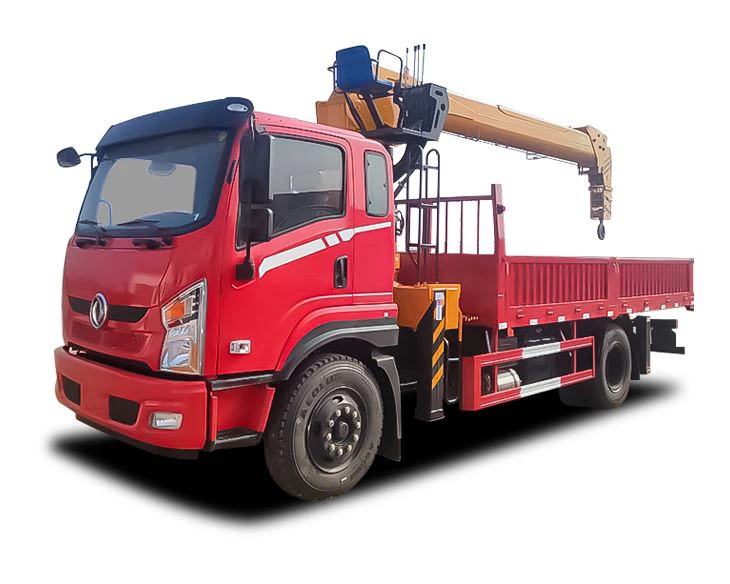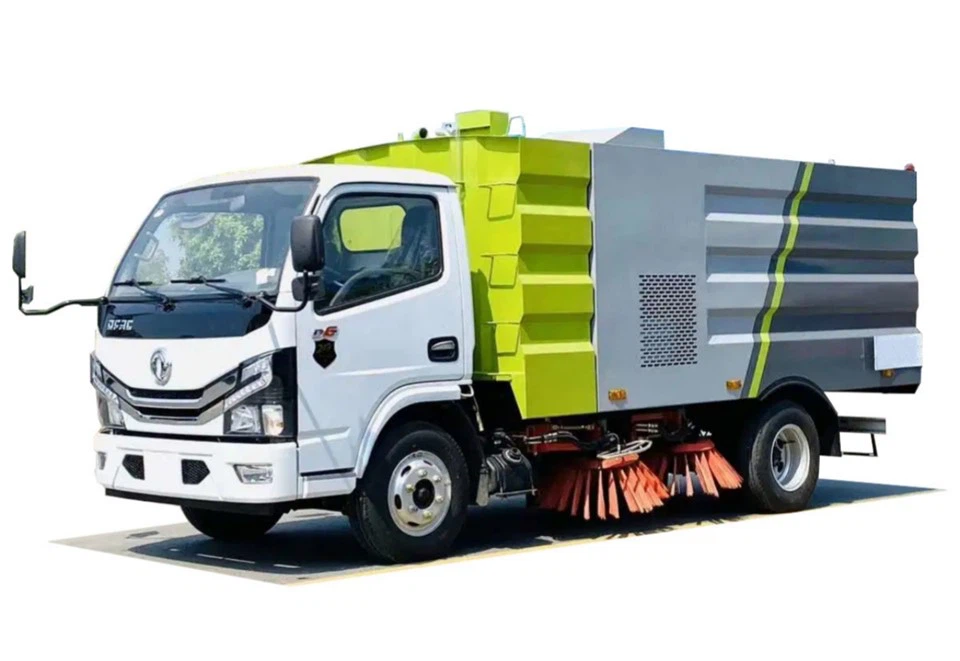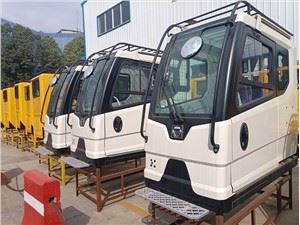Tippers: A Comprehensive Guide to Understanding and Utilizing Tippers Effectively

Tippers are essential vehicles used across various industries, and understanding their functionality, types, and applications can significantly benefit businesses and individuals alike. This article will delve into the world of tippers, lending insights into their operation, advantages, industries that utilize them, and much more.
What Are Tippers?
A tipper, often referred to as a dump truck, is a vehicle designed to transport loose materials such as sand, gravel, or demolition waste. Tippers feature an open-box bed with hydraulic lifting mechanisms that allow the rear of the truck to be raised, facilitating the easy unloading of materials.

Types of Tippers
1. Rear Tippers
Rear tippers are the most common type of dump truck. They unload materials from the back, making them suitable for most applications, including construction sites and road maintenance.
2. Side Tippers
Side tippers drop their load from the side, which can be advantageous in tight spaces where backing up would be difficult. They are widely used for transporting bulk materials in mining and agricultural sectors.

3. A-Frame Tippers
A-frame tippers are specially designed for transporting heavier materials. They have a reinforced structure and are ideal for construction and demolition projects.
4. Multi-Axle Tippers
Multi-axle tippers come equipped with additional axles to carry heavier loads. They are commonly used in large-scale mining operations and heavy construction projects.
5. Mini Tippers
Mini tippers, or compact dump trucks, are designed for smaller, local jobs. They are highly maneuverable and are often used in urban construction and landscaping.
Advantages of Using Tippers
Utilizing tippers in various industries offers numerous benefits, including:
- Efficiency: Tippers can handle large volumes of material quickly, significantly reducing manual labor.
- Versatility: They can be used for different types of materials and in various environments, making them highly adaptable.
- Cost-Effectiveness: By speeding up operations and reducing labor costs, tippers can lead to overall savings for businesses.
Practical Applications of Tippers
1. Construction Sites
Tippers are frequently used on construction sites to deliver concrete, dirt, and other materials. Their ability to unload quickly enhances productivity.
2. Mining Operations
In the mining sector, side tippers and multi-axle tippers transport minerals and ores, ensuring efficient material handling and safety on-site.
3. Agriculture
Agricultural operations utilize tippers for transporting bulk goods like feed or fertilizers, helping streamline processes in farming.
4. Waste Management
Tippers play a pivotal role in waste collection and disposal, making it easier to transport large quantities of debris or recyclables from sites.
5. Landscaping
For landscaping projects, tippers help in transporting soil, mulch, and plants, allowing for efficient yard or garden upgrades.
Tips for Operating Tippers Safely
1. Regular Maintenance
Routine checks, including brakes, tires, and hydraulic systems, are crucial for safe operations.
2. Proper Loading Techniques
Ensure that loads are evenly distributed to maintain vehicle stability and avoid accidents.
3. Training for Operators
Operators should undergo proper training to understand the nuances of maneuvering tippers safely.
4. Adhering to Weight Limits
Understanding and adhering to the vehicle’s weight limits is essential to prevent breakdowns and accidents.
Choosing the Right Tipper for Your Needs
| Type of Tipper | Best Suited For | Key Features |
|---|---|---|
| Rear Tipper | Construction sites | Easy unloading, high capacity |
| Side Tipper | Mining and tight spaces | Quick discharge, compact design |
| A-Frame Tipper | Heavy-duty tasks | Reinforced structure, high resilience |
| Multi-Axle Tipper | Large-scale operations | High load capacity, stability |
| Mini Tipper | Urban projects | Maneuverable, compact design |
Environmental Considerations
As industries increasingly turn towards sustainability, considerations such as emissions, fuel efficiency, and recycling of materials become essential for tipper operations. Opting for modern, eco-friendly models can contribute to reducing the environmental footprint.
Future Trends in Tipper Technology
The tipper industry is evolving with advancements in technology. Key trends include:
1. Automation
Automated tipping systems and features are being developed to enhance precision and safety during operations.
2. Hybrid and Electric Tippers
With growing environmental concerns, hybrid and fully electric tippers are emerging, offering lower emissions and fuel costs.

3. Advanced Safety Features
Modern tippers are increasingly being equipped with advanced safety technologies, including backup cameras, collision avoidance systems, and driver assistance features.
Tips for Renting a Tipper
If purchasing a tipper is not an immediate option, renting can provide flexibility. Here are essential tips:
- Define Your Needs: Know what type of materials you’ll be transporting and the terrain you’ll be driving on.
- Inspect the Vehicle: Check the condition of the tipper before rental to avoid future complications.
- Understand Rental Agreements: Ensure you are clear on the rental terms, including insurance, fees, and liability.
FAQ Section
1. What is the primary function of a tipper?
The primary function of a tipper is to transport and unload loose materials quickly and efficiently, especially in construction and mining industries.
2. How do side tippers differ from rear tippers?
Side tippers unload materials from the sides, making them suitable for tight spaces, while rear tippers unload from the back, allowing for easier and straightforward discharges.
3. What maintenance is required for tippers?
Regular maintenance should include checks on tires, brakes, hydraulic systems, and general upkeep to ensure safety and operational efficiency.
4. Are electric tippers available?
Yes, with the rise in environmentally conscious practices, electric and hybrid tippers are being developed and made available to the market.
5. How do I choose the right tipper for my project?
Consider factors such as load capacity, the type of materials you will transport, and the terrain. It is also beneficial to consult experts or equipment dealers for recommendations.
6. Can tippers be used for residential landscaping?
Yes, tippers are ideal for residential landscaping projects, as they can efficiently transport soil, mulch, and other materials needed for landscaping work.
